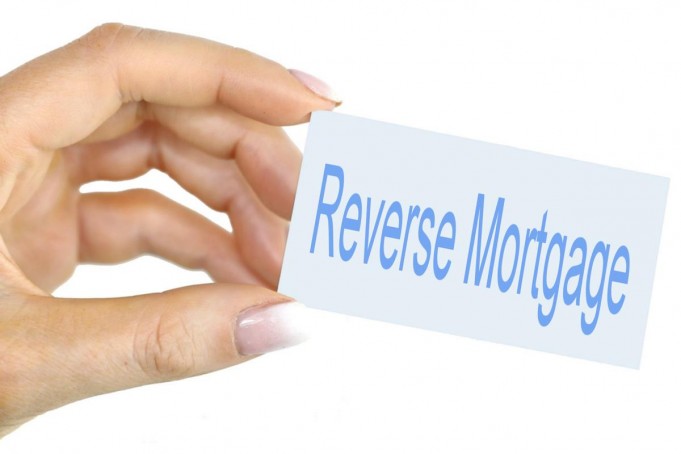The Pros of Reverse Mortgage Payments
The pros of a reverse mortgage, are that you do not have to make any monthly reverse mortgage payments that grow over time. A reverse mortgage loan is a non-recourse loan; you cannot owe more than the value of the property no matter how long the loan is in place. It does not have any effect on your social security.
No Monthly Mortgage Payments
This will allows eligible borrowers with no monthly mortgage payments. The income needed to qualify for a loan is not huge, and the lender wants to be sure you can maintain taxes and insurance.
Use Funds for Virtually Anything
Take your funds in a single lump-sum payment, or monthly payments for term or life. You can use the money for any purpose whatsoever giving you a flexible line of credit.
Guaranteed Line of Credit
As long as you have funds on your line of credit and meet obligations, HUD ensures your funds are available. Banks have been known to freeze HELOC lines of credit without advance notice. It is comforting to know this cannot happen no matter how long you live in your home, or what happens to the real estate values. You and your heirs can never owe more than the property is worth, no matter how many payments you take.
Home Purchase Facility
The pros also include the the concept that you can use a reverse mortgage payments to purchase a new home or refinance your existing mortgage. This works extremely well for those who want to buy a home that will better suit their needs. This loan works great for seniors to lower their expenses seeking homes they may not have been able to consider otherwise. Those who need to move to be closer to medical services, family, and friends, including support systems can do so with a loan.
The Cons of a Reverse Mortgage Payment
The cons include having higher closing costs and the property must be your primary residence. You can not move out unless you pay off the mortgage loans. A mortgage loan cannot be assumed for loans by your heir and becomes payable upon the passing of the last surviving borrower of the loan. Having a reverse mortgage can impact certain needs-based products like Medicaid and SSI.
Higher Closing Costs
Reverse Mortgage Payments can be expensive loans to the upfront higher closing cost and the government-insured of the loans (HUD HECM) borrowers have; the costs will have to be substantial for the proprietary loans. The insurance ensures that their heirs will never have to repay the loan for more than the property is worth. Therefore, those owning these higher-priced homes prefer a proprietary loan.
Borrowers with homes receive no additional benefit for any additional value above that lending limit. Another possible drawback of the mortgage to a 62-year-old borrower is if they draw from their loan they do not qualify for programs like Medicaid.









